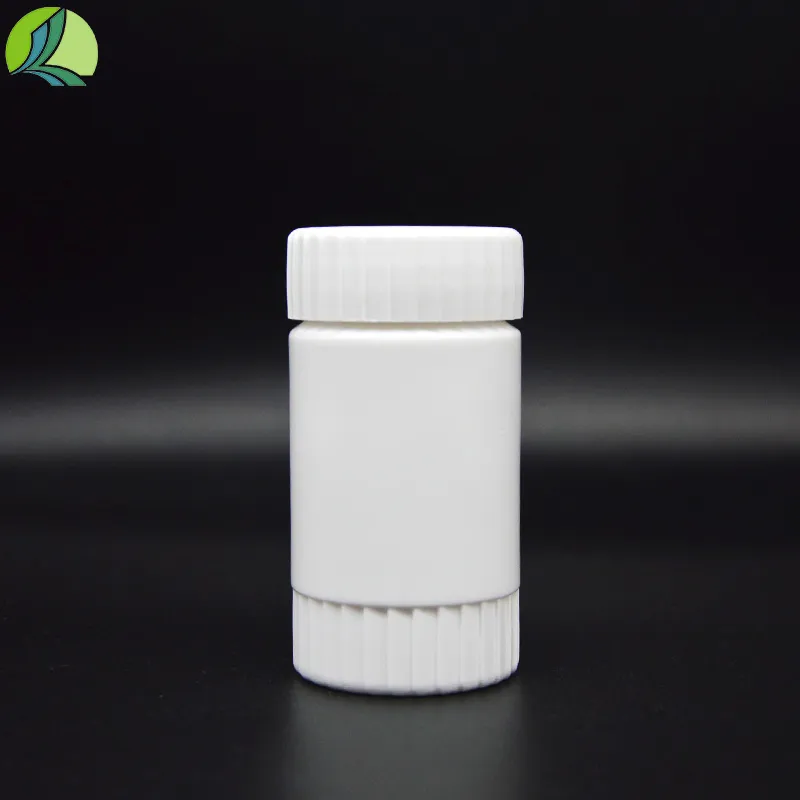what is reagent bottle used for
What is a Reagent Bottle Used For?
A reagent bottle, also known as a laboratory bottle, is an essential piece of glassware used in scientific laboratories for storing and handling chemical reagents. These containers are designed to hold liquids or powders safely while minimizing the risk of contamination or degradation due to exposure to atmospheric conditions. Reagent bottles come in various sizes and designs, but they generally serve a few key purposes.
What is a Reagent Bottle Used For?
Reagent bottles also play a critical role in maintaining the purity of chemical substances. Exposure to air can lead to contamination through moisture absorption or reaction with carbon dioxide, especially in hygroscopic materials. Most reagent bottles are designed with secure lids that provide an airtight seal, reducing the likelihood of contamination and ensuring the longevity of the reagents.
what is reagent bottle used for

Furthermore, reagent bottles are often labeled clearly to indicate the contents, which is crucial for maintaining laboratory safety. Proper labeling helps prevent accidents that can occur from mixing incompatible chemicals. Each label typically includes important information such as the chemical name, concentration, hazard warnings, and date of receipt or opening.
In addition to storage, reagent bottles are used during the preparation of solutions. For example, scientists may use them to dilute concentrated reagents to required working concentrations or to mix various components for reactions. The wide mouth of some reagent bottles allows for easy pouring and mixing, making them versatile tools in laboratory settings.
Another modern advancement in the use of reagent bottles is the incorporation of safety features. Some designs include break-resistant plastics or thicker glass to withstand accidental drops or spillage. Additionally, some reagent bottles come with built-in dispensers that facilitate precise dispensing of the contents, which is especially useful in quantitative experiments.
In conclusion, reagent bottles are indispensable tools in laboratories that serve multiple functions, primarily focusing on the safe storage and handling of chemical reagents. Their design and construction play a pivotal role in ensuring that chemical integrity is maintained, safety is prioritized, and research can proceed without compromise. Whether in educational institutions or industrial settings, the importance of reagent bottles in chemistry cannot be overstated.
-
Aesthetic Makeup Spray Bottles | Fine Mist Empty RefillableNewsAug.19,2025
-
White Plastic Veterinary Vaccine Vials | Lab Liquid BottlesNewsAug.18,2025
-
Plastic Medicine Liquid Bottle: Secure Flip Top Drug VialsNewsAug.17,2025
-
Durable 250ml Blue Plastic Vaccine Vial for Lab & Vet UseNewsAug.16,2025
-
Sterile Virus Sample Tubes: Secure & Reliable Specimen CollectionNewsAug.15,2025
-
White 250ml Plastic Vaccine Vial for Lab & Vet MedicineNewsAug.14,2025
























